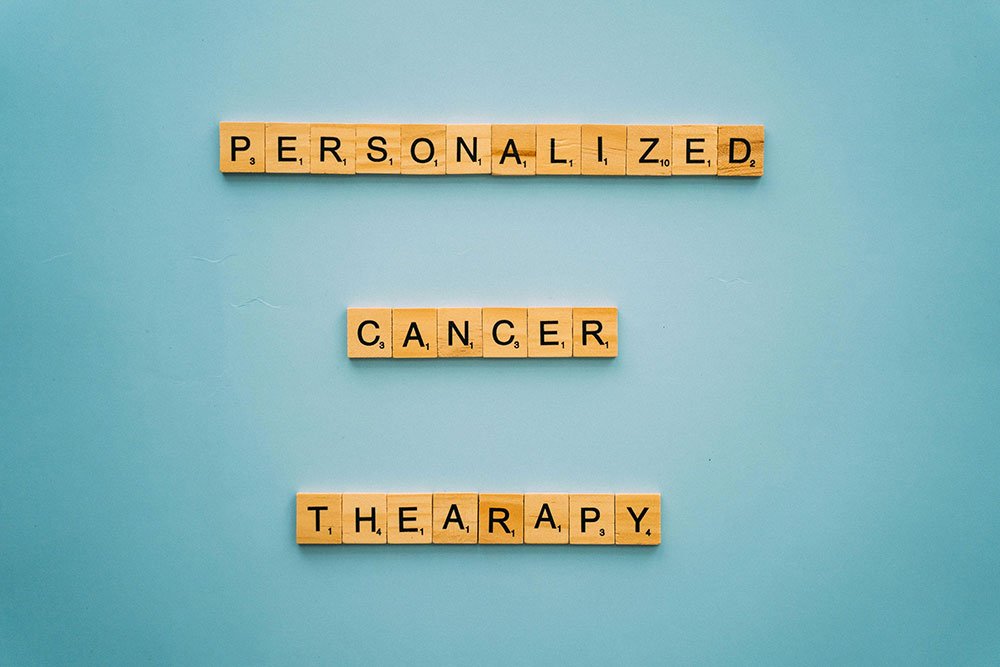Homeopathy and Personalized Medicine: Tailoring Cancer Care
Cancer care is evolving rapidly with an increased focus on personalized medicine. Homeopathy, with its individualized treatment approach, aligns well with the principles of personalized medicine, offering tailored remedies to support cancer patients.
Understanding Personalized Medicine in Cancer Care
Personalized medicine aims to customize healthcare, with treatments tailored to the individual characteristics of each patient. This approach involves:
- Genetic Profiling: Understanding the genetic makeup to identify mutations and predict responses to treatments.
- Targeted Therapies: Designing drugs to specifically target cancer cells based on genetic and molecular profiles.
- Holistic Care: Considering the patient’s overall physical and emotional health to provide comprehensive care.
How Homeopathy Fits into Personalized Cancer Care
Homeopathy complements personalized medicine by treating patients as unique individuals, considering their specific symptoms, health history, and emotional state.
Individualized Treatment Plans
Homeopathy emphasizes the creation of individualized treatment plans, focusing on:
- Unique Symptoms: Addressing specific symptoms of cancer and its treatment.
- Personal Health History: Considering past medical history and predispositions.
- Emotional and Mental State: Tailoring remedies to the patient’s psychological and emotional condition.
Supportive Role in Cancer Treatment
Homeopathy can support conventional cancer treatments by:
- Alleviating side effects of chemotherapy and radiation therapy.
- Boosting the immune system.
- Enhancing overall well-being and quality of life.
Common Homeopathic Remedies Used in Cancer Care
Homeopathic remedies are selected based on a thorough assessment of the patient’s symptoms and overall health. Commonly used remedies include:
- Nux Vomica: To alleviate nausea and digestive issues.
- Phosphorus: For bleeding tendencies and fatigue.
- Carcinosin: A remedy often indicated for those with a family history of cancer and certain emotional profiles.
- Arsenicum Album: Effective for anxiety, especially related to health concerns.
- Thuja Occidentalis: Used for the effects of vaccination or skin issues.
Benefits of Homeopathy in Personalized Cancer Care
1. Holistic Approach
Homeopathy takes a holistic approach, addressing physical symptoms and emotional health:
- Reducing physical discomfort and pain
- Alleviating emotional stress and anxiety
- Enhancing overall mental and physical health
2. Minimizing Side Effects
Patients undergoing conventional cancer treatments often experience significant side effects. Homeopathy can help mitigate these side effects, including:
- Nausea and vomiting from chemotherapy
- Fatigue and weakness
- Pain and inflammation
3. Enhancing Immune Function
Homeopathy aims to stimulate the body’s natural healing processes, potentially enhancing the immune system’s ability to fight cancer cells.
4. Non-Toxic and Gentle
Homeopathic remedies are made from natural substances in highly diluted forms, minimizing the risk of adverse effects, making them a safe complementary option.
Integrating Homeopathy with Conventional Cancer Treatment
Successful integration of homeopathy with conventional treatment involves:
- Collaborative Care: Coordination between homeopaths, oncologists, and other healthcare professionals.
- Monitoring for Interactions: Ensuring homeopathic remedies do not interfere with conventional treatments.
- Regular Assessments: Continuously evaluating the patient’s response and adjusting the treatment plan accordingly.
Selecting a Qualified Homeopathic Practitioner
To ensure effective and safe treatment, patients should seek a qualified and experienced homeopathic practitioner:
- Credentials and Licensing: Verify the practitioner’s qualifications and licensing.
- Experience with Cancer Patients: Choose practitioners with specific experience in treating cancer patients.
- Collaborative Approach: Prefer practitioners willing to work in conjunction with conventional medical professionals.
Research and Evidence
While more rigorous, large-scale research is needed to validate the efficacy of homeopathy in cancer care fully, anecdotal evidence, clinical experiences, and preliminary studies suggest positive outcomes in symptom management and overall well-being improvement.
Conclusion
Homeopathy aligns well with the principles of personalized medicine, offering a tailored approach to cancer care. By focusing on the unique physical and emotional health of each patient, homeopathy can complement conventional treatments, alleviate side effects, and enhance quality of life. When administered by qualified practitioners and integrated with standard medical practices, homeopathy can be a significant component of personalized, holistic cancer care.
Recent Articles
Homeopathy for Nausea Management in Cancer Patients
Cancer patients undergoing chemotherapy often grapple with nausea, which can lead to a reduced…
Chemotherapy-Induced Nausea: What Patients Need to Know
Chemotherapy-induced nausea and vomiting (CINV) are among the most feared and common side…
The Psychological Benefits of Homeopathy for Cancer Patients
Cancer diagnosis and treatment can place an immense psychological burden on patients. Anxiety…






